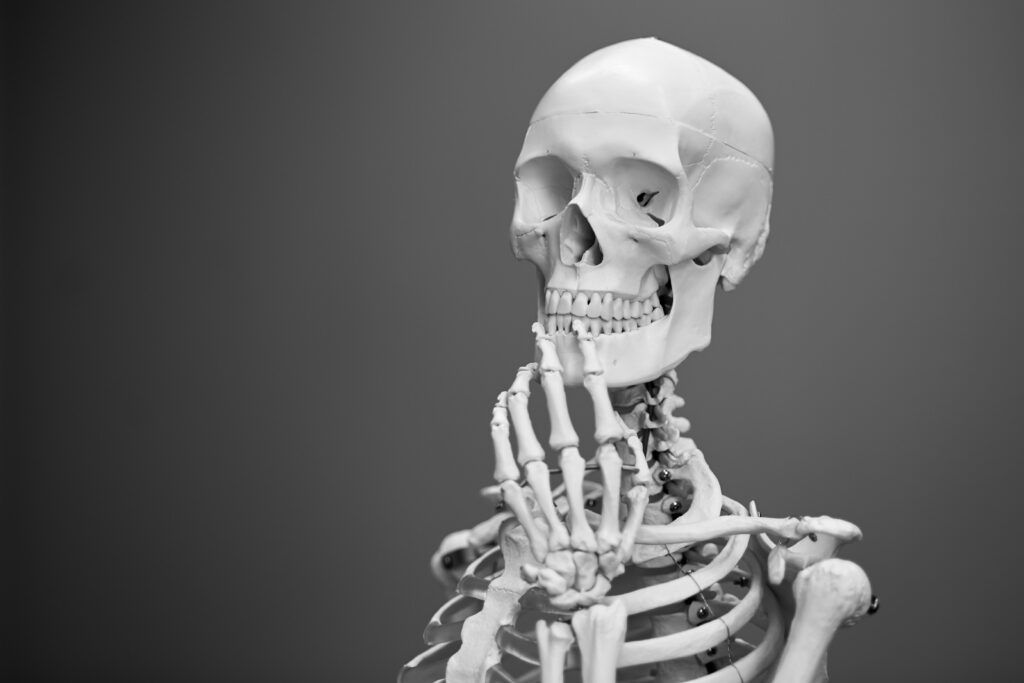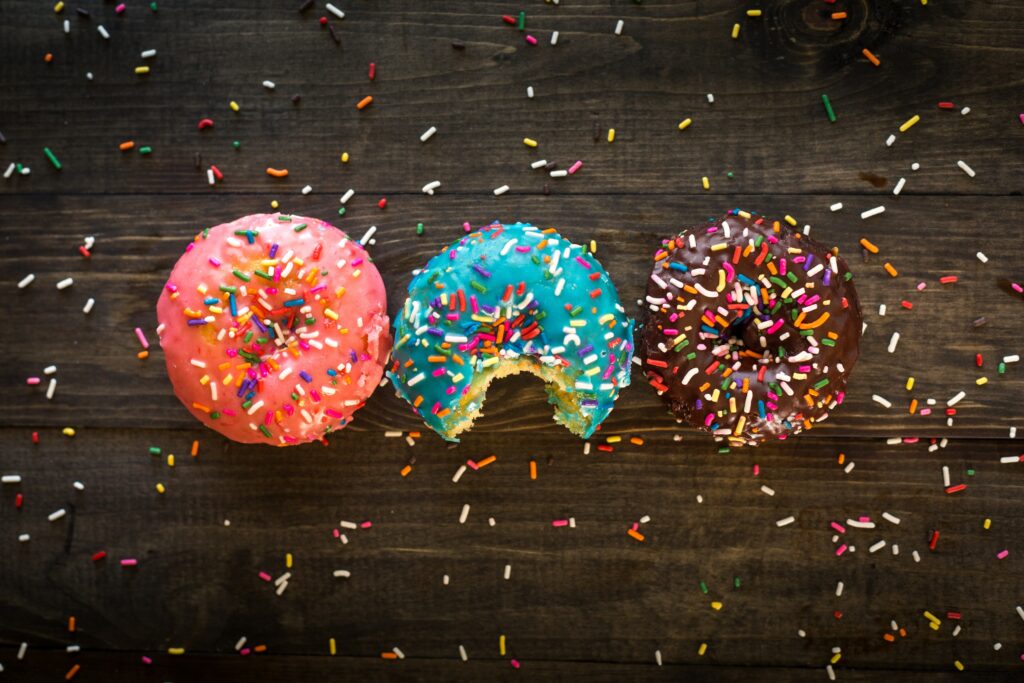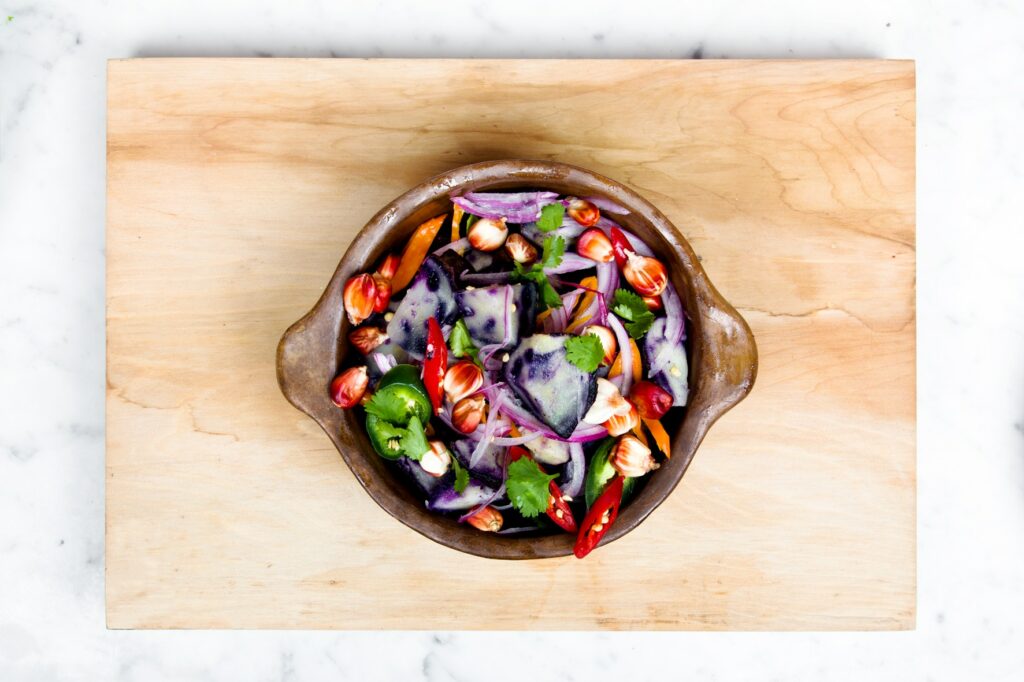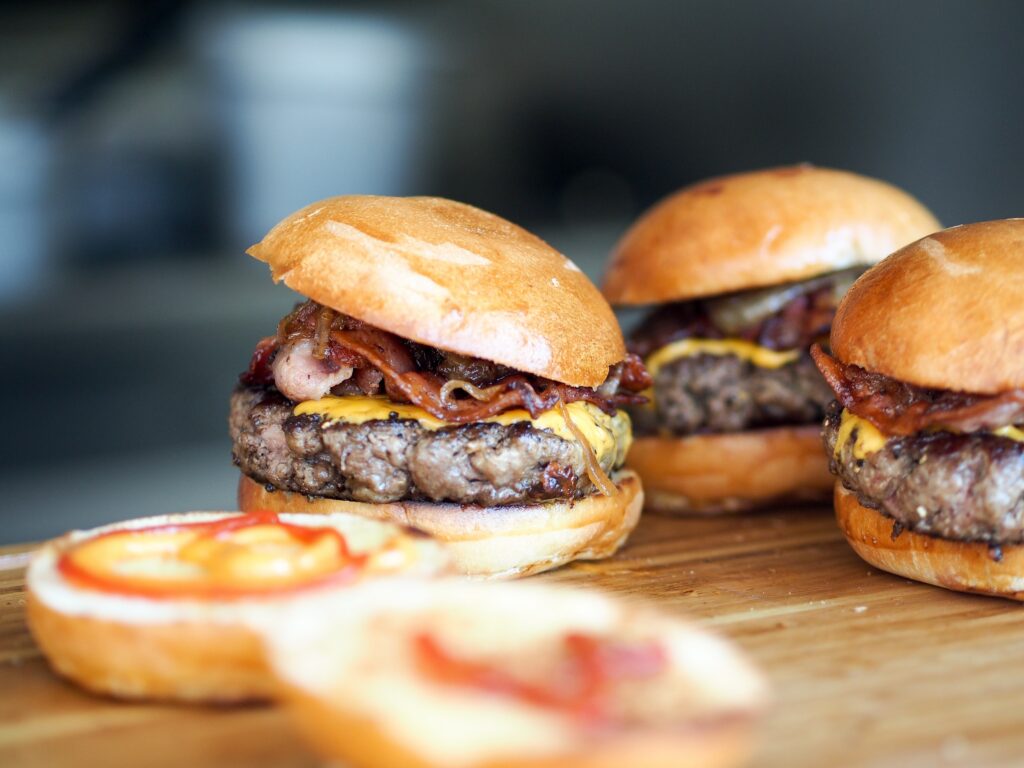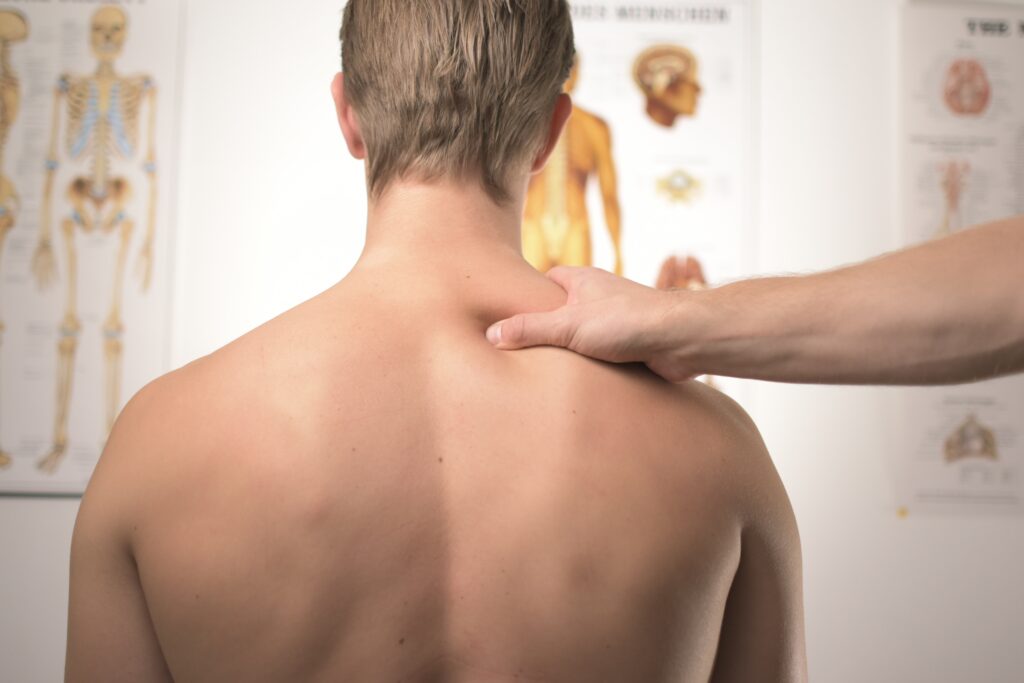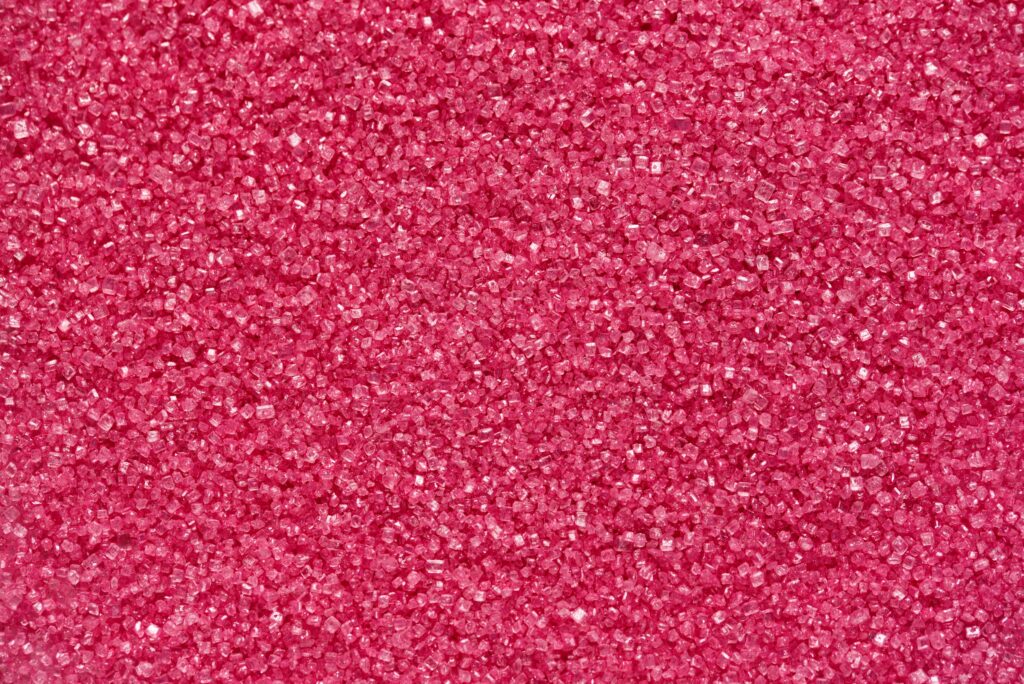Life Blog
Cutting-edge information and tips for creating health in all areas of life – wellness, nutrition, fitness, attitude, and relationships

July 17, 2025
Caring for Acne Prone Skin
According to the American Academy of Dermatology, acne is the most common skin condition in the United States, affecting fifty million people. If you have acne, you probably get your share of unsolicited advice about how to take care of your troubled skin. You’ve heard it all from “don’t eat fatty foods” to “exfoliate daily with a homemade oatmeal face scrub.” And you’ve probably tried everything, too hoping to find that one magic cure. There’s No Miracle Cure for Acne Sadly, there’s no miracle cure for acne. What works for one person might not work for another, which is why much of the advice you receive doesn’t help your skin. The reason why is because there are many different causes for acne including hormones, excess oil production, clogged hair follicles, bacteria, even medication & stress. Diet & Acne The jury is still out on whether diet affects acne. Some studies have found a connection between acne and a high glycemic diet. Sugar and processed carbohydrates spike blood sugar. Over time, this causes insulin resistance, which then affects sebum production. One diet that has gotten a lot of attention in recent years because of its effects on longevity is the calorie restriction diet. But despite its many benefits, studies have yet to demonstrate that caloric restriction helps with the treatment of acne. However, most experts seem to agree that the standard American diet isn’t great for your skin. If you have troubled skin, its best to play it safe and eat…
How To Take Proper Care Of Your Contact Lenses
There are forty-one million estimated contact lens wearers in the United States according to the CDC, and almost of all them practice at least one behavior that puts their eyes at risk.[1] Contacts are very convenient. You don’t have to worry about them jiggling around on your face, falling or breaking when you’re going…
Learn MoreSomething Nasty and Dangerous Could Be Lurking in Your Refrigerator
When was the last time you cleaned your fridge and threw out all of the old, or questionable, food? If you’re like most people, it’s probably been a while. Deep cleaning the refrigerator is a task most people dread, which is why many of us don’t do it as often as we should. The average…
Learn MoreKeeping Your Bones Strong As You Grow Older
55% of Americans over the age of 50 have osteoporosis or low bone mass. That’s more than 40 million people! Osteoporosis is a condition that makes bones brittle, greatly increasing the risk of fractures. It is, therefore, no surprise that about 75% of hip, spine and forearm fractures occur in older adults, especially post-menopausal women….
Learn MoreChronic Pain: Is It All in Your Head?
The only thing worse than being in pain is being told that “it’s all in your head.” Sadly, people who suffer from chronic pain are often surrounded by family, friends and physicians who don’t believe they’re in pain. Since pain is invisible, it’s quite common for these people to appear “normal” even when in pain….
Learn MoreDo More Without Burning Out
Modern life is extremely demanding. More people that ever before are being stressed beyond their limits. We are working exceptionally long hours and putting extreme pressure on ourselves to succeed in all areas of our lives. Between work and family, there’s very little time left for self-care; and many of us are so physically…
Learn MoreIs Late Night Snacking Really That Bad For You?
There’s no shortage of nutrition experts who believe that late night snacking is bad for your health and causes weight gain. According to them, all late night snacks are a complete no-no, even healthy ones. On the flip side, some experts believe that late night snacking increases your metabolism and helps burn calories. To them,…
Learn MoreAre Raw Foods Safer and Healthier?
You’ve probably heard about the raw food diet, which involves eating mostly raw and unprocessed foods. Refined and pasteurized foods are completely out of the question, so the diet is made up of mostly fruits, vegetables, seeds and nuts. Those who support this diet claim that the process of cooking food destroys enzymes and nutrients….
Learn MoreSpending Enough Time Outdoors?
Most of us spend our workdays indoors under artificial lights in front of a computer screen. Then we go home and plop down in front of the TV continuing to bask in the glow of yet another screen. Unfortunately, so much time spent inside is having a negative effect on our physical and mental health….
Learn MoreThe Truth About Cholesterol
There’s so much confusion surrounding dietary cholesterol. Some people believe it’s harmful and should be avoided at all costs, while others believe it’s totally fine. Cholesterol is essential for good health. The liver actually produces cholesterol, which aids in the production of essential hormones, bile and vitamin D. So, why does cholesterol get such a…
Learn MoreWhy Does Your Back Hurt?
Millions of people suffer from chronic back pain. In fact, it’s the leading cause of disability among young Americans. Back pain doesn’t just happen; it’s usually triggered by certain things such as lifting heavy items, poor posture, extra weight, smoking, bad diet and fatigue. Overworking Your Back Muscles Why does your back hurt after a…
Learn MoreAre Artificial Sweeteners Healthier Than Sugar?
When people “quit sugar” they often switch to an artificial, calorie-free sweetener. Today, these sweeteners are widely used in soft drinks, chewing gum, candy, jellies, dairy products and many other foods and drinks. There are six FDA approved calorie-free sweeteners: acesulfame, aspartame, neotame, saccharin, Stevia and sucralose. Any product that is labelled “sugar free” or…
Learn MoreThe Right Way to Search for Medical Information on the Internet
When you awaken in the middle of the night with a throbbing headache, what’s the first thing you do if your preferred pain reliever doesn’t work? Do you reach for your phone or computer and start researching symptoms online to figure out what might be wrong? That’s what most people do. Eight in ten Americans…
Learn More

